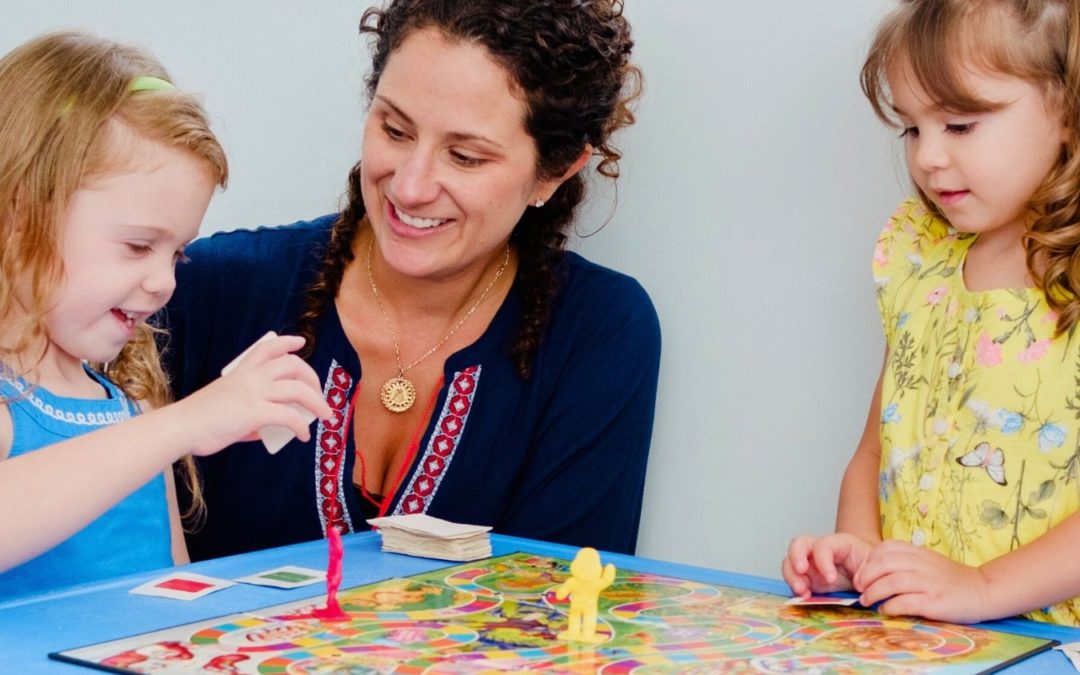May is Better Hearing and Speech month – a perfect time to highlight common speech and language disorders, as well as the role of hearing in speech and language development.
Speech Disorders
Speech disorders interfere with a child’s ability to speak effectively in order to express themselves and be understood. There are three main types of speech disorders:
Articulation Disorder: When a child has an articulation disorder, they have trouble making clear speech sounds. Articulation errors include substituting one sound for another, leaving a sound out of a word, adding a sound to a word, or changing a speech sound. Articulation errors are common in toddlerhood, but typically-developing children are fully intelligible by age 4. You can learn more in our article about articulation milestones and red flags.
Fluency Disorder: Also known as stuttering, children with this speech disorder may pause for longer than usual when trying to say a word, stretch out certain speech sounds, or repeat parts of words.
Voice Disorder: A voice disorder affects the pitch and volume of a child’s voice, making it difficult for them to speak in a developmentally or culturally appropriate way.
Language Disorders
Language disorders interfere with a child’s ability to process the information required to effectively understand and communicate with others. The three types of language disorders are:
Receptive Language Disorder: Difficulty understanding others’ attempts to communicate.
Expressive Language Disorder: Difficulty communicating, either with words or non-verbal language.
Mixed Receptive-Expressive Disorder: Difficulty both understanding and communicating.
The Role of Hearing in Speech and Language Development
Children’s speech and language development begins by listening to others talk. This is especially important in the first three years of life. Impaired hearing can interfere with developing communication skills.
Hearing impairments can be caused by:
Otitis Media: Inflammation in the middle ear, usually caused by fluid buildup.
Congenital Causes: Hearing loss that a child is born with. It can be hereditary, or caused by environmental factors in the womb or during birth.
Acquired Causes: Hearing loss that occurs after a child is born, due to disease, conditions, or injury.
If you have questions or concerns about your child’s hearing, language, or speech development, please get in touch with us, or contact a pediatric speech-language pathologist in your area.
Head over here for more information about Better Hearing and Speech Month!


Recent Comments